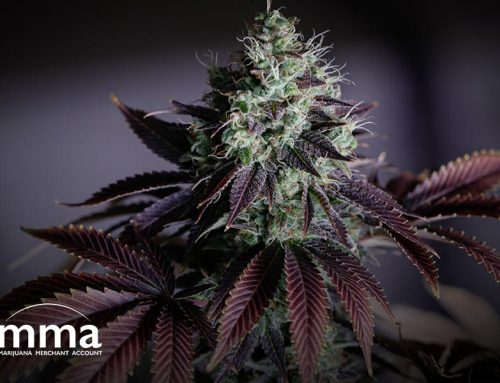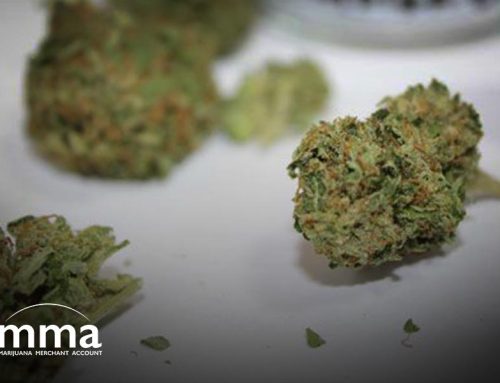The Internal Revenue Service (IRS) published a blog post providing advice to state-legal marijuana businesses on how to stay compliant with tax rules, given cannabis’s Schedule I controlled status at the federal level.
The IRS’s De Lon Harris wrote that the rapid growth and expansion of the cannabis industry had created a complex situation with regards to tax obligations which he hoped to provide some clarity on.
“The specific rules and regulations regarding how [marijuana] is taxed at the federal level provides the IRS an opportunity to promote voluntary compliance, not only through audits, but also through outreach and education,” said Harris, who is commissioner of IRS’s Small Business/Self Employed (SB/SE) Examination division. “And while there are 14 states that still ban cannabis use, we expect both unlicensed and licensed marijuana businesses to grow.”
“It’s tricky from a business perspective, because even though states are legalizing marijuana and treating its sale as a legal business enterprise, it’s still considered a Schedule 1 controlled substance under federal law,” he continued. “That means a cannabis/marijuana business has additional considerations under the law, creating unique challenges for members of the industry.”
These challenges include the need to operate primarily on a cash-only basis – given banks are hesitant to work with marijuana businesses for fear of federal reprisals – and that cannabis companies are unable to benefit from key tax deductions and credits due to tax statute 280E, which puts them at a competitive disadvantage compared to businesses in other industries.
What cannabis businesses can do to save money is “deduct their cost of goods sold, which is basically the cost of their inventory.”
“What isn’t deductible are the normal overhead expenses, such as advertising expenses, wages and salaries, and travel expenses, to name a few,” Harris said. “I understand this nuance can be a challenge for some business owners, and I also realize small businesses don’t always have a lot of resources available to them.”
Harris also announced the IRS’s new “Cannabis/Marijuana Initiative” which is a program to provide training to tax officials working with cannabis businesses, to establish consistent policies for the agency’s dealing with the marijuana industry, and to monitor the tax compliance of marijuana companies.
“I’m very focused on the success of this strategy because it’s very important for business owners to understand that under our nation’s tax laws, and specifically Internal Revenue Code 61, all income is taxable, even if someone is running a business that’s considered illegal under federal law,” he said. “This is a truly groundbreaking effort for our agency.”
Harris stressed the IRS isn’t going to just release information for industry stakeholders to stumble upon, but wants the agency to take an active role in reaching out to marijuana businesses.
“I’ve made it a priority for my SB/SE organization to engage with the cannabis/marijuana industry through speaking events and other outreach. I have done three of these types of events over the last year, and what I have heard is a genuine desire to comply with the tax laws regarding the industry. Through this extended outreach, we hope to help small business owners and others fully understand the unique tax rules before there are any compliance issues,” he said.
The IRS announcement is the latest in a series of indications from federal agencies and lawmakers that they are adjusting to the new reality of marijuana legalization across the country, and are perhaps anticipating reform at the federal level in the near future.
House lawmakers have passed legislation to provide protection to banks that work with state-legal marijuana businesses, which has also been included as an amendment to a defense spending bill.
The Food and Drug Administration chief described federally legal cannabis as an “inevitability” not long before the agency approved its first cannabis-based medication.
The Drug Enforcement Agency, meanwhile, has finally yielded to pressure from lawmakers, scientists and fellow federal agencies to expand access to research-grade marijuana. For its part, President Biden’s administration is also considering facilitating research into marijuana by simplifying the registration process for scientists.












